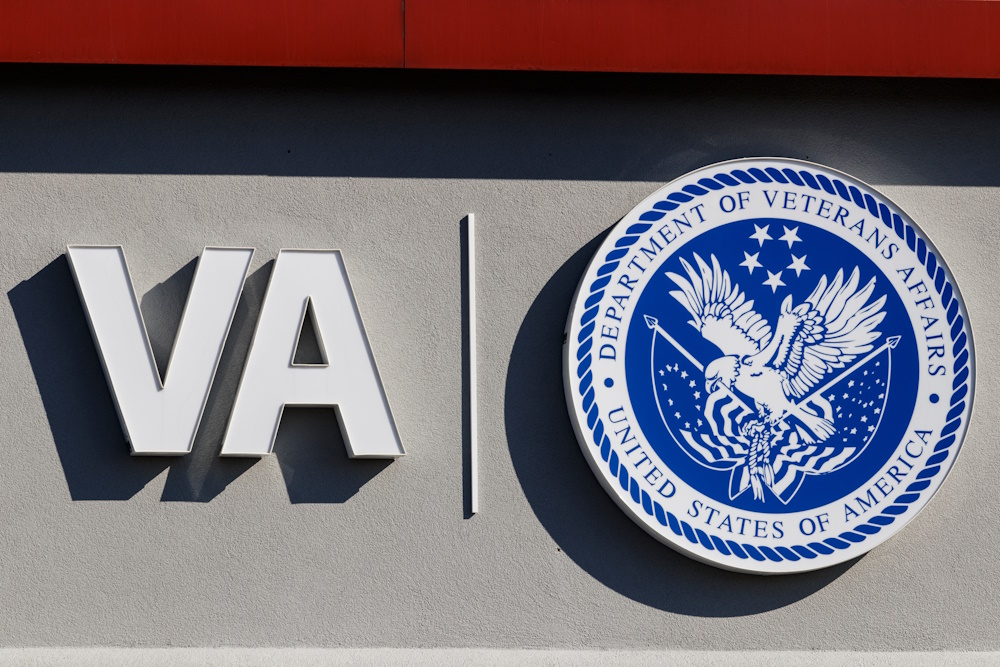Definition
The General Unloading Period, in military operations, refers to the time period allocated for the discharge of all types of cargo from a ship or transportation vessel used for military purposes. It usually starts upon the arrival of the vessel and includes the time needed for all preparation and execution of discharge activities. The specific duration can vary depending on the operational requirements or logistical capabilities.
Key Takeaways
- The General Unloading Period (GUP) is a term used in military operations referring to the estimated time frame needed to unload all troops, their equipment, and supplies from their ships or transports after reaching a strategic destination.
- It plays a significant role in logistics planning as it can impact the timeline of a campaign or operation. Complete and accurate calculation of the GUP is essential for ensuring timely and efficient deployment of forces. Late or inefficient unloading can hinder the effectiveness of military operations or potentially lead to mission failure.
- The GUP is subject to numerous variables, such as the capacity of the transport vessels, the amount and type of cargo, the availability and efficiency of unloading equipment, geographic and climatic conditions of the unload point, as well as possible enemy activities. These factors must be considered while estimating the General Unloading Period.
Importance
The term “General Unloading Period” in military operations is crucial because it pertains to the schedule or specific time frame allocated for the unloading of troops, equipment, supplies, or other materials necessary for the mission from a transport ship or vehicle.
Efficient logistical planning and execution are of paramount importance in military operations, and the general unloading period plays a significant role in this process.
This period ensures that all the necessary equipment and personnel are on the ground in a timely and organized manner, which can directly impact the success of a military operation.
A well-coordinated general unloading period reduces operational downtime, enhances efficiency, and maintains the momentum of the mission while ensuring the safety and preparedness of the military forces.
Explanation
The general unloading period is a critical term in military operations that refers to the timeframe within which military equipment, personnel, and supplies are unloaded from deployment vehicles (like ships or aircraft) upon arrival in a combat zone. Its purpose is to ensure the effective, organized, and timely distribution of these resources, thereby sustaining the efficiency of the military force’s operational capability.
This specific period is meticulously planned and coordinated, as it is vital for ensuring that the forces are properly equipped and ready to engage in their operations as soon as possible after arriving at their destination. A systematic approach to the general unloading period also minimizes the potential susceptibility of the military resources to attacks during this key transition stage.
The military makes concerted efforts to shorten this period, reducing the exposure-time of the disembarking troops, and hence, limiting potential opportunities for enemy forces to launch any unexpected attacks. Therefore, the general unloading period is not only necessary to keep transitions smooth and expedite operational readiness, but it is also a strategic aspect used to safeguard deployed forces and their resources.
Examples of General unloading period
The “General Unloading Period” (GUP) is a military term referring to the timeframe in which the majority of unloading operations are expected to be completed after a military transport arrives at the designated location. The specific examples are classified information for obvious reasons, but broad examples highlighting this concept are:
World War II – Normandy Invasion (D-Day): In this military operation, directly after landing at the beaches of Normandy, the Allied forces had to swiftly unload both troops and equipment from the landing ships under heavy enemy fire. The General Unloading Period played a critical role in ensuring all necessary resources were on the battlefield as quickly as possible.
The Vietnam War – Operation Frequent Wind: This was the final phase in the evacuation of American civilians and “at-risk” Vietnamese from Saigon. During this operation, helicopters were used to transport evacuees to the aircraft carriers offshore. There would have been a defined General Unloading Period for each wave of helicopters to efficiently unload passengers and return to Saigon.
Gulf War – Operation Desert Shield: This operation involved the largest military logistics move since World War II. Eight American ports had to dispatch a stream of merchant vessels carrying cargo containing weapons, vehicles, and other supplies to Saudi Arabia. A critical General Unloading Period would have been established at the receiving ports to ensure efficient unloading of necessary military equipment for the forthcoming conflict.
Frequently Asked Questions about General Unloading Period
What is General Unloading Period?
The General Unloading Period refers to the time designated for discharging cargo from a military vehicle or vessel. This period is intended for efficient and organized operations, minimizing potential confusion or conflict due to simultaneous unloading activities.
How is the General Unloading Period determined?
The General Unloading Period is usually determined based on the military’s need and the priority of the cargo. Several factors such as the volume of cargo, available manpower, and logistical considerations play a significant role in deciding the exact timeframe.
What happens if unloading is not completed within the General Unloading Period?
If the unloading process extends beyond the allocated General Unloading Period, necessary arrangements are typically made to either extend the time or to resume the work at the next available slot. The specific recourse can depend on various factors like the urgency of the cargo, site conditions and operational commitments.
Does the General Unloading Period apply to all types of cargo?
In general, the concept of a General Unloading Period applies to all forms of cargo. However, special high priority shipments or sensitive equipment may have their own unique unloading protocols and may not strictly fall within this period.
How does the General Unloading Period impact other military operations?
Effective management of the General Unloading Period is critical to maintaining fluid military operations. Delays or inefficiencies can cause a ripple effect on subsequent operations, making it a key concern for all military logistics personnel.
Related Military Operation Terms
- Discharge Status
- Veteran’s Compensation
- Benefit Eligibility
- Post-service Transition Period
- Military Service Records
Sources for More Information
- Military Factory Dictionary: This is a comprehensive online dictionary of military terms.
- U.S. Army: The official website of the U.S. Army often provides detailed information on military operations and logistics, including terms such as General unloading period.
- U.S. Department of Defense: The Department of Defense frequently uses and explains operational military terms on its official website.
- GlobalSecurity.org: This website provides information on worldwide security, military operations, and terminology.
 Benefits.com Advisors
Benefits.com Advisors
With expertise spanning local, state, and federal benefit programs, our team is dedicated to guiding individuals towards the perfect program tailored to their unique circumstances.
Rise to the top with Peak Benefits!
Join our Peak Benefits Newsletter for the latest news, resources, and offers on all things government benefits.

















